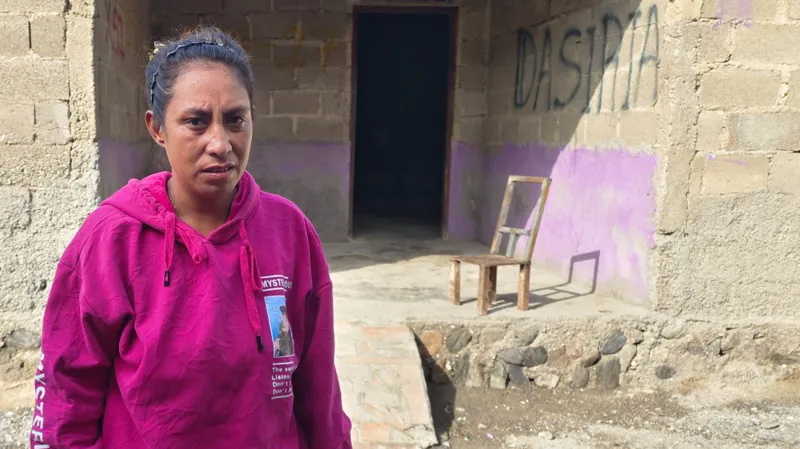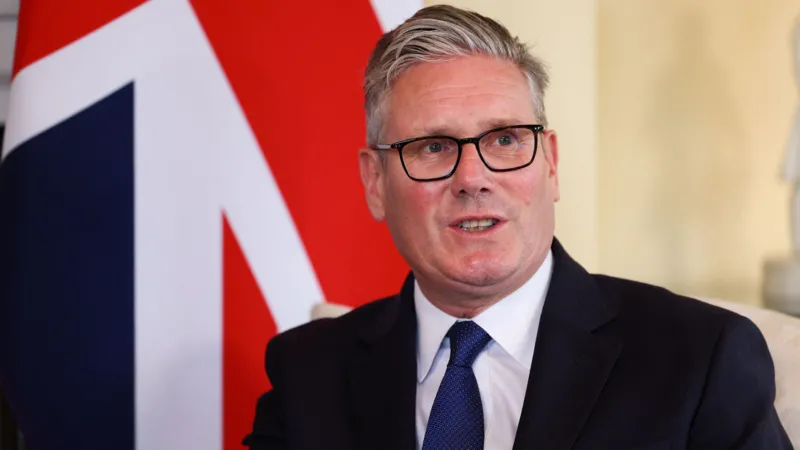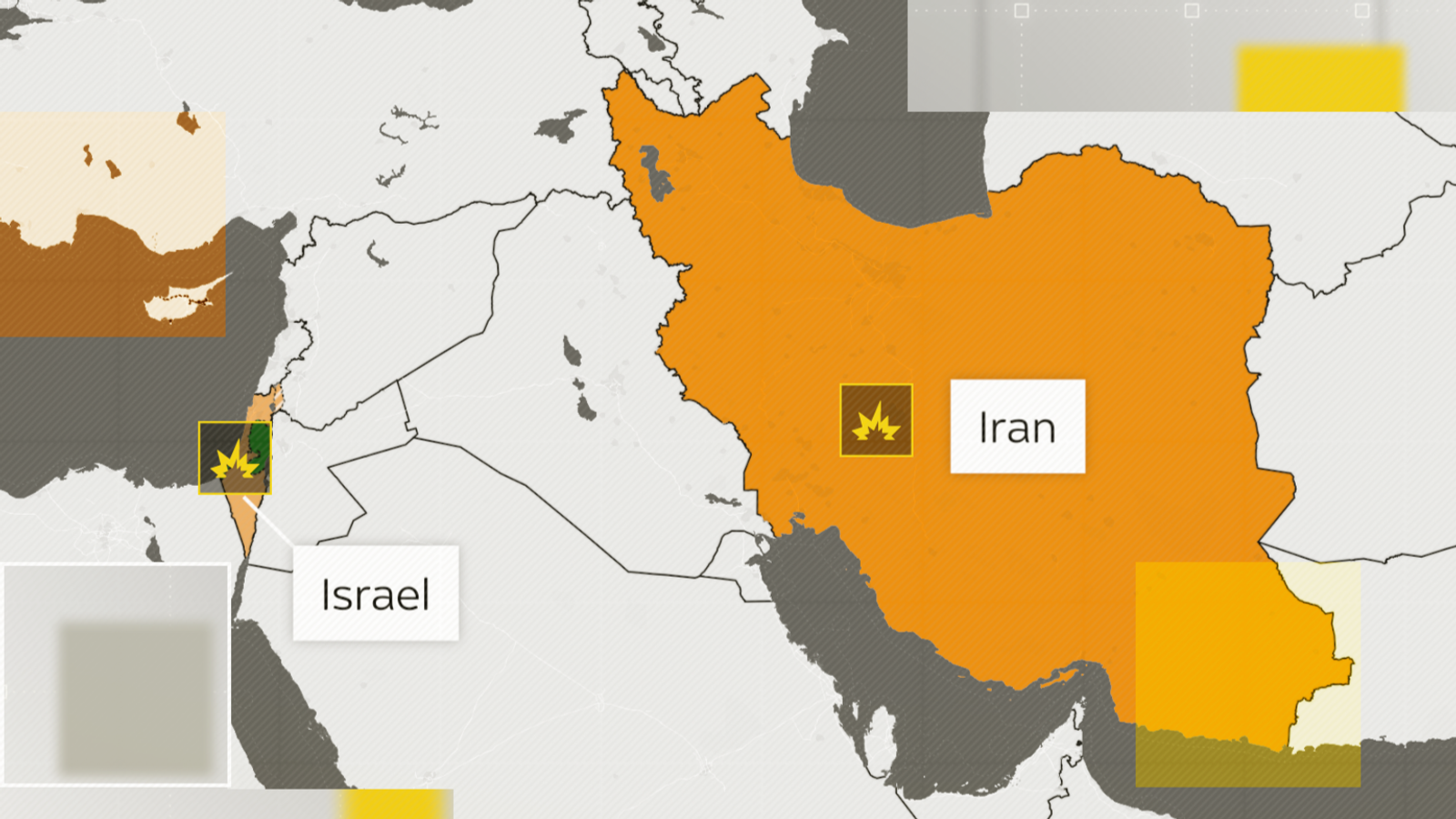Homes bulldozed in Timor-Leste ahead of Pope visit
Families' homes are being demolished near Dili, the capital of Timor-Leste, in the area where Pope Francis will celebrate mass next month.

Nearly 90 people have been told by the government that they must find somewhere new to live before he arrives, according to evicted residents who spoke to the BBC.
The Timor-Leste government denies the evictions are connected to the Pope's visit, insisting that the residents are living there illegally.
Authorities have spent around $18m (£13.6m) on the pontiff's three-day visit, which begins on 9 September.
“We are very sad," Zerita Correia, a local resident, told BBC News.
"They even demolished our belongings inside the house. Now we have to rent nearby because my children are still in school in this area,” she added.
A spokesman for the residents said that 11 families will have been moved before Pope Francis arrives in Timor-Leste. The government has paid them between $7,000 and $10,000 for their homes.
"The amount is not enough for each household to meet its needs," said Venancio Ximenes, speaking to the BBC
"The next phase of evictions will come after Pope Francis leaves and that will involve more than 1,300 families," he added.
The homes are located in Tasitolu, a wetland area just outside of Dili. Over the past decade, hundreds of people moved there from rural parts of the country.
Many came looking for work in the capital and built basic homes in the area. The government says they are squatting and have no right to live on the land.
The government has decided to clear the area
Speaking to the BBC, a government minister said that residents were made aware of plans to clear the area in September 2023.
"It is time for the state to take back its property," said Germano Santa Brites Dias, Secretary of State for Toponymy and Urban Organisation.
"Last year, we spoke heart-to-heart with the community and now they must leave and go back to their villages," he added.
An estimated 700,000 people are expected to attend Pope Francis' open-air mass in Tasitolu, where an area of 23 hectares - equivalent to about 40 football pitches - is being prepared.
Aside from the government's controversial plans to evict residents, critics have also questioned the decision to spend such large amounts of money on the visit - including $1m on a brand new altar for Pope Francis.
According to the UN, nearly half of the population of Timor Leste currently lives below the national poverty line.
"The annual budget to increase food production in the country is only about $4.7m,” said Mariano Fereira, a researcher at the Timor-Leste Institute for Development Monitoring and Analysis, speaking to UCA News.
"All this spending can hardly do any good to the availability of food," he added.
Next month will mark the first papal trip to Timor-Leste since Pope John Paul II visited in 1989, when the country was still under Indonesian occupation.
Timor-Leste, formerly known as East Timor, has a population of 1.3m - the vast majority of whom identify as Catholic.
When Indonesia invaded the former Portuguese colony in 1975, only around 20% of East Timorese people were Catholic. That figure now stands at 97%.
Enthusiasm for the pontiff's upcoming visit is huge, but the Pope is being urged by campaigners to address a recent abuse scandal that tarnished the Church in the country.
In 2022, the Vatican acknowledged that the Nobel Peace Prize-winning Timorese independence hero Bishop Carlos Ximenes Belo had sexually abused young boys.
A Vatican spokesman said the church had been aware of the case in 2019 and had imposed disciplinary measures in 2020, including restrictions on Belo’s movements and a ban on voluntary contact with minors.
It is unclear whether Pope Francis will apologise for the scandal, meet with victims or even whether Bishop Belo will appear alongside him in Dili.
-BBC







